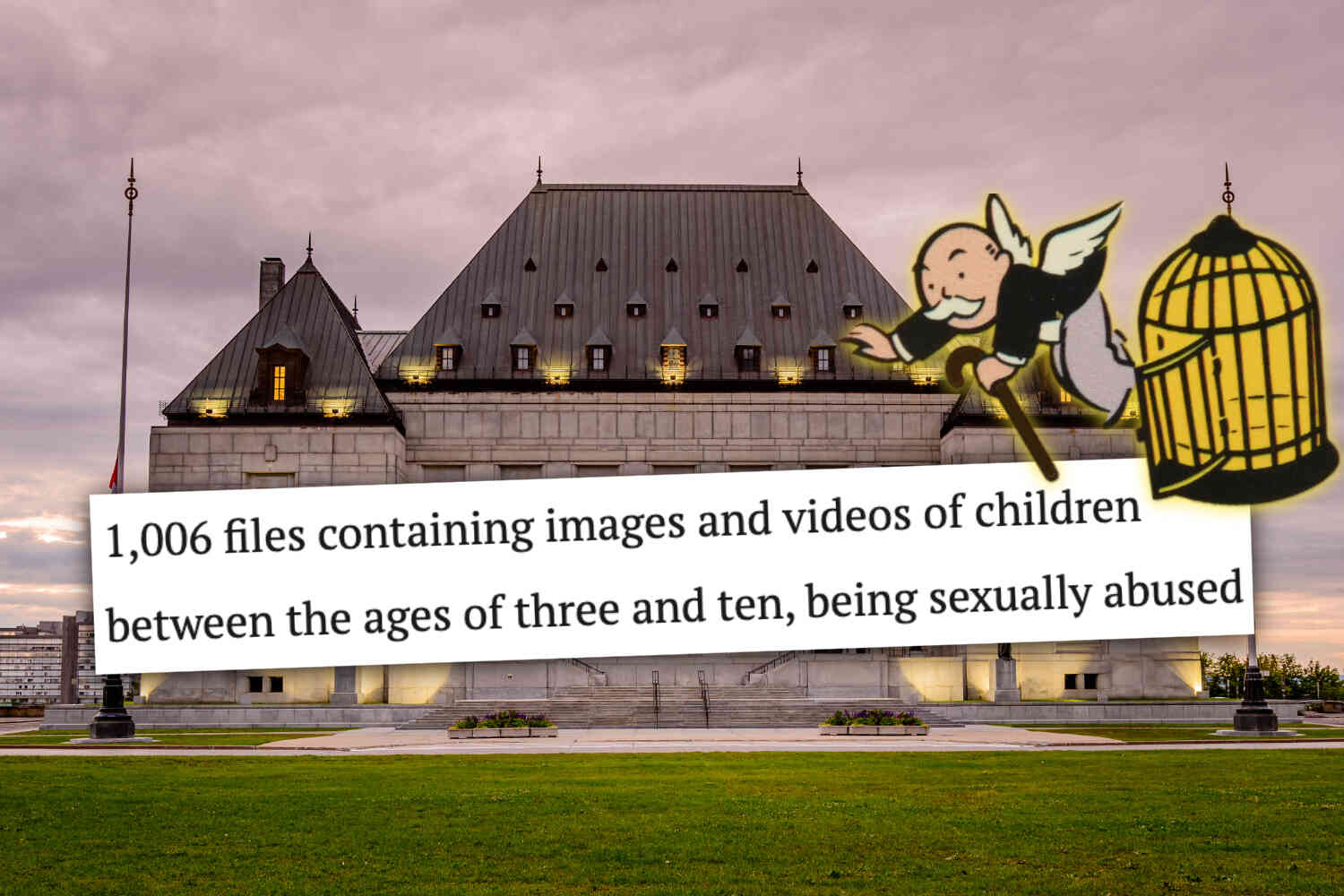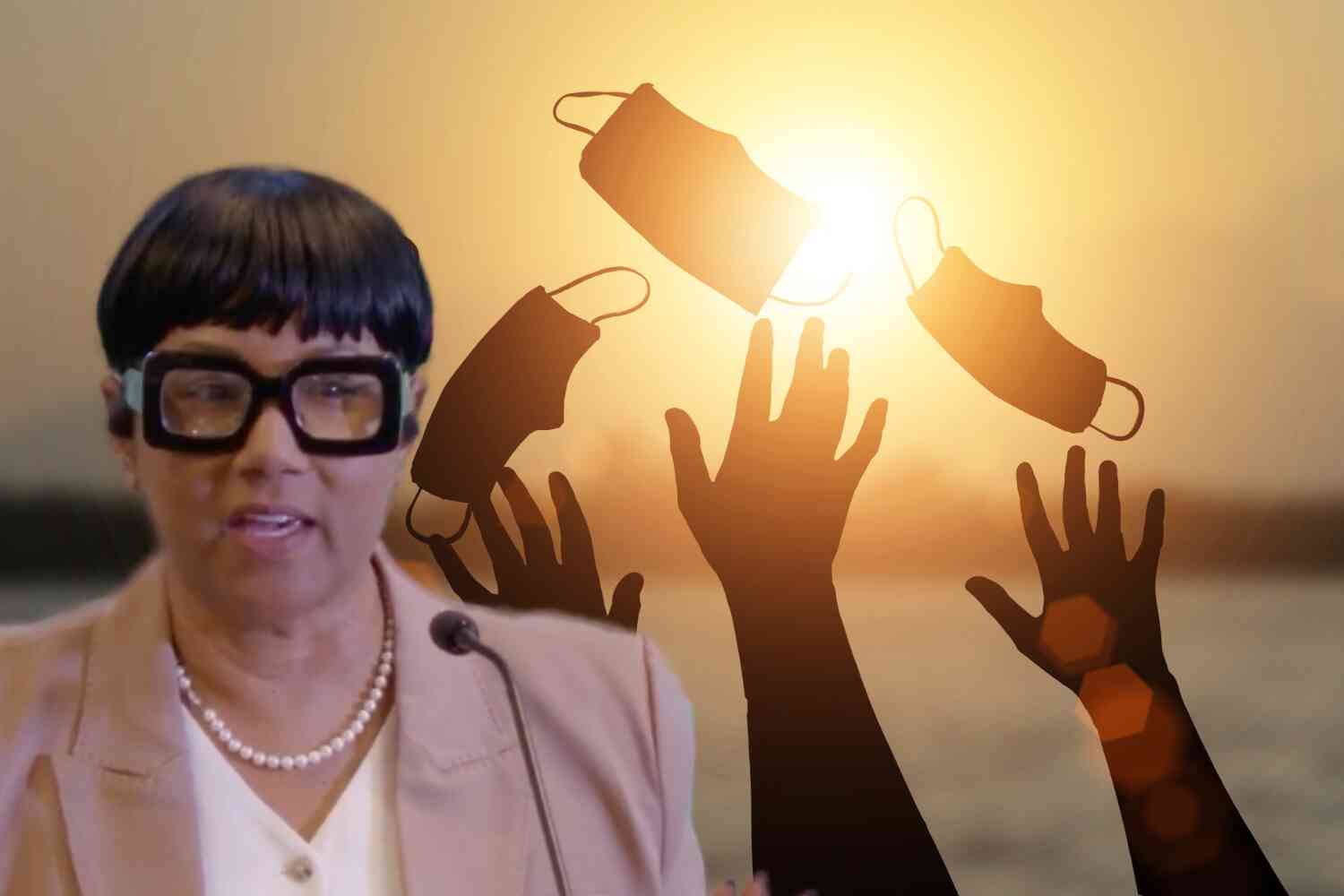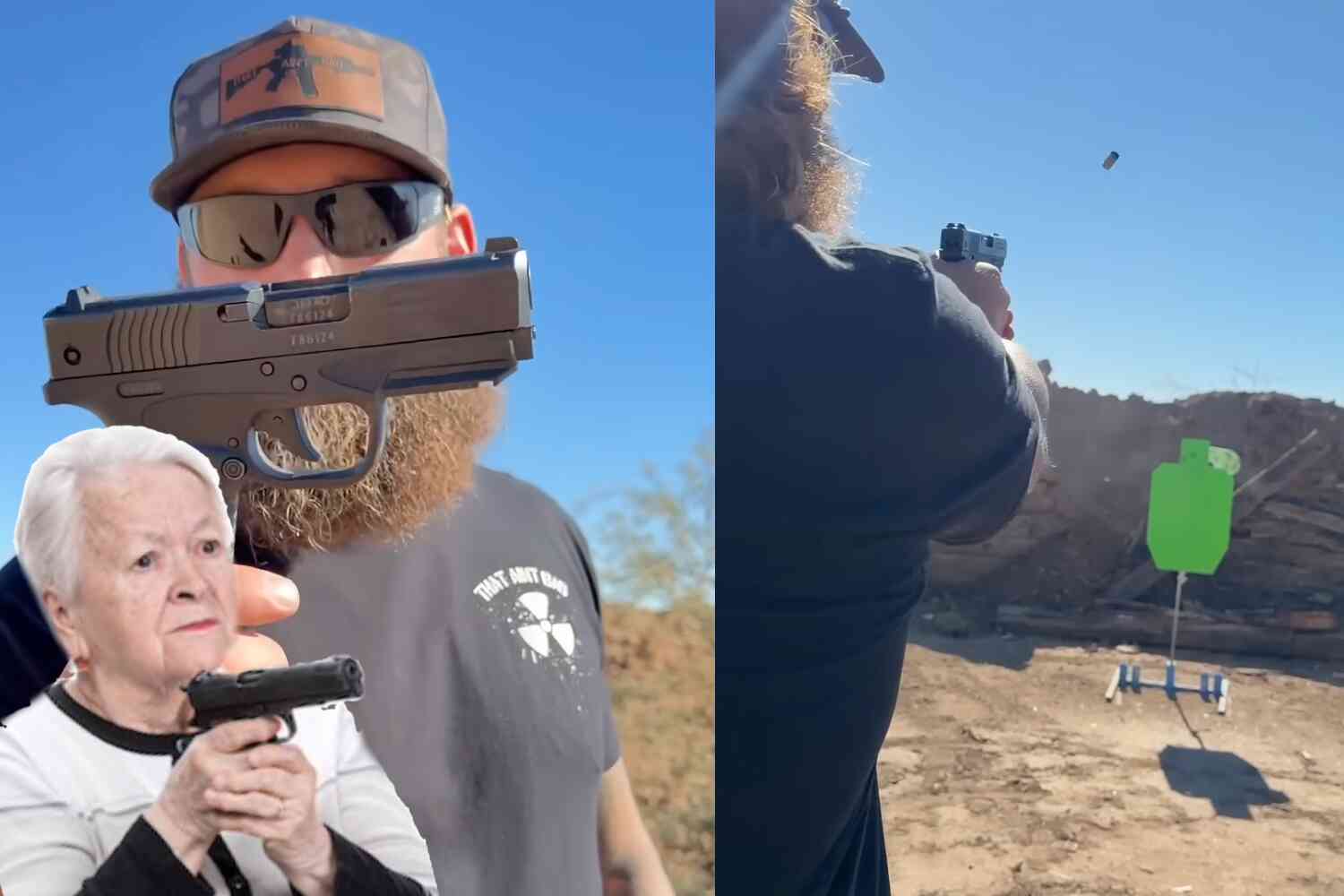Oh, Canada...
Canada's top court decided to overturn a law that requires at least a year in jail for criminals caught with child pornography, ruling that it could be too harsh a punishment in the hypothetical scenario of an 18-year-old caught with pictures of an underage high-school girlfriend.
At this point, you might be wondering: "Well, did that actually happen? Was there a young man whose life was destroyed because of sexting?"
Nope. The case they were hearing involved two men caught with pictures of naked toddlers being tortured.
The case, which was heard by a nine-judge panel, involved a challenge to the sentencing rules brought forward by two men in Quebec who pleaded guilty to having hundreds of images of children as young as three being severely abused.
At the heart of the debate was a scenario which was not based on the facts of the actual case but on another possible scenario, which led to a 5-4 ruling from the top court.
Lawful justice for men who view videos of 3-years-old being sexually abused is a long drop off a short rope. Alternative methods involving lawn care would also suffice.
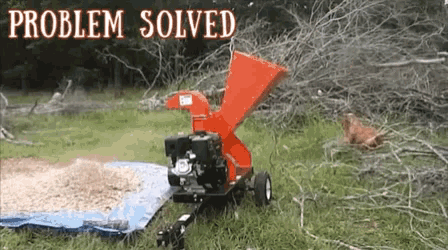
The Supreme Court of Canada, however, used these pedophiles who like to watch toddlers be tortured in order to invent a hypothetical scenario so that they could lower the penalties for child porn.
The majority ultimately found the one-year mandatory minimum sentences for the crimes to be unconstitutional on the basis that the crimes themselves cover a variety of circumstances, which could cross the Charter-protected right that guards against cruel and unusual punishment.
'Parliament is free to create mandatory minimum sentences, but these sentences are constitutionally vulnerable when they are associated with crimes that encompass a wide range of conduct,' Justice Mary Moreau wrote for the majority.
The ruling was so bad that even Ontario Premier Doug Ford, who is in an ongoing trade battle with Donald Trump, blasted it.
The federal government says it's considering invoking its own powers to overturn the judges' rulings.
The notwithstanding clause is a section of the Charter that acts as an override function that can cover other sections, including those that protect legal rights. A fierce debate has broken out in recent years about the limits of its use.
The spokesperson for Fraser said the Liberal government was committed to introducing a set of measures Prime Minister Mark Carney campaigned on during the April federal election, aimed at better protecting children.
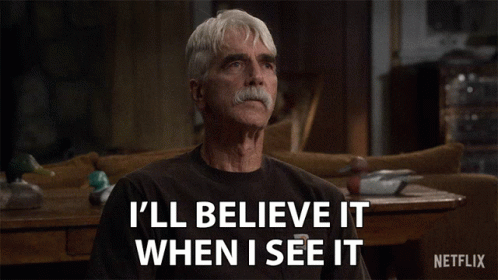
As for how the two men convicted of viewing violent child porn even got to the supreme court ... well, another judge allowed them to challenge the law.
The two men who challenged the mandatory minimum sentences had pleaded guilty to possessing a combined 1,006 files containing images and videos of children between the ages of three and ten, being sexually abused by adults and other minors.
...
The court heard that both men had expressed remorse. At the time of their sentencing in 2020, they each challenged the one-year imprisonment rule, which the judge allowed.
They felt bad for viewing 1,006 videos and pictures of young kids being sexually tortured, so now Canada has no minimum jail sentence for people who watch videos of young kids being sexually tortured.
The absolute state of Canada...
P.S. Now check out our latest video 👇
